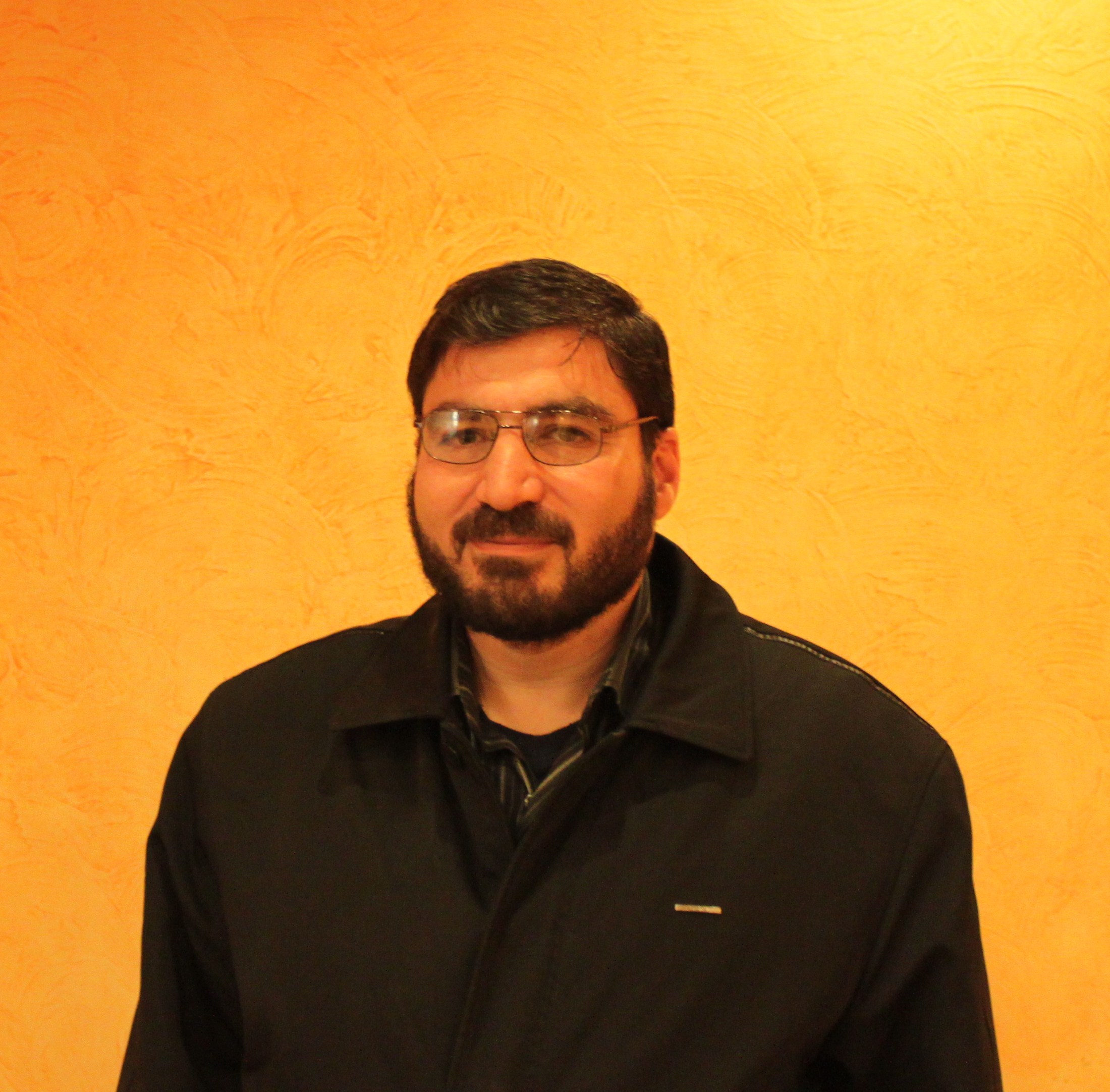Tag: Wadi Al-Hussain
-
‘They have two roads on our land already, why do they need a third…?’
27th June 2013 | International Solidarity Movement, Khalil Team | Hebron, Occupied Palestine In the Wadi al-Hussein area of Hebron, Israeli occupation forces have started to build a new road ‘for military purposes’. The route of the road is from the illegal settlement of Kiryat Arba towards the city centre, directly across Palestinian-owned land. A…
-

“Like the Wild West:” Ex-prisoner lives with bounty on his head
by Alistair George 13 December 2011 | International Solidarity Movement West Bank “I see my situation as a cowboy film, like the wild west” says Hani Jaber, showing ISM a poster, written in Arabic saying: ‘Wanted: if anyone has any information about the whereabouts of the killer Hani Jaber, please call us on this number…
-
Hebron: Family members share their stories of settler abuse
by Alistair George 22 November 2011 | International Solidarity Movement, West Bank As thousands of Israeli settlers and Zionists crowded into Hebron on Friday night, November 19th, and Saturday for Shabbat Chaye Sarah – celebrating Abraham’s biblical purchase of land on the site of the Ibrahimi Mosque, some Palestinian neighbourhoods experienced a surge in settler…
